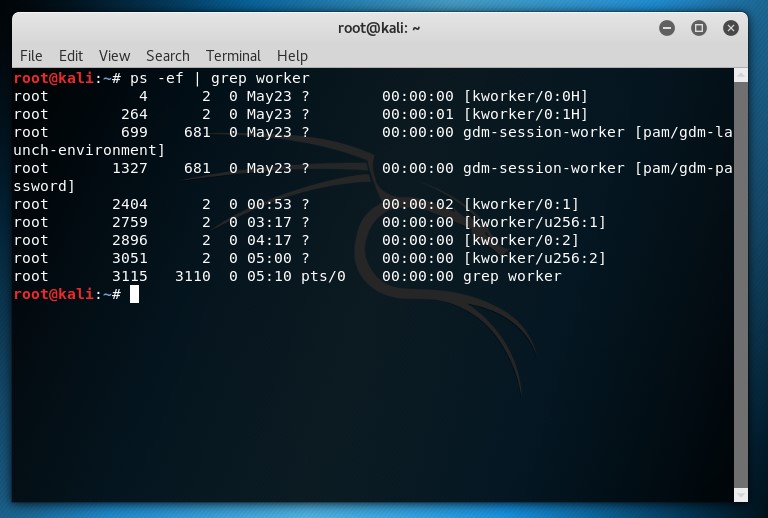


# all files in the current directory that matches l (-files-with-matches) - print file names that match a pattern # command 1 i (-ignore-case) - used for case insensitivity # command 1ĥ. Notice that we also used option -n? Yes, you can apply multiple options in one command. v (-invert-match) - prints the lines that do not match the specified pattern grep you grep.txt -v -n This is because it is concerned with the number of lines where the matches appear, not the number of matches. Note that if there was another 'you' on line one, option -c would still print 2. c (-count) - prints the number of lines of matches grep you grep.txt -c If you look at the result we have above, you'll notice there are no line numbers, just the matches. This prints out the matches for the text along with the line numbers. Let's look at nine of them while applying them to the example above. You is expected to have a different color than the other text to easily identify what was searched for.īut grep comes with more options which help us achieve more during a search operation. The result for this is: Hello, how are you The following grep command will search for all occurences of the word 'you': grep you grep.txt If there is no match, no output will be printed to the terminal.įor example, say we have the following files (called grep.txt): Hello, how are you The result of this is the occurences of the pattern (by the line it is found) in the file(s). You can also use the wildcard (*) to select all files in a directory. Note that single or double quotes are required around the text if it is more than one word. Without passing any option, grep can be used to search for a pattern in a file or group of files.
GREP UNIQUE RESULTS HOW TO
In this article, we'll look at how to use grep with the options available as well as basic regular expressions to search files. Grep comes with a lot of options which allow us to perform various search-related actions on files. It is a command line tool used in UNIX and Linux systems to search a specified pattern in a file or group of files. Grep stands for Globally Search For Regular Expression and Print out.


 0 kommentar(er)
0 kommentar(er)
